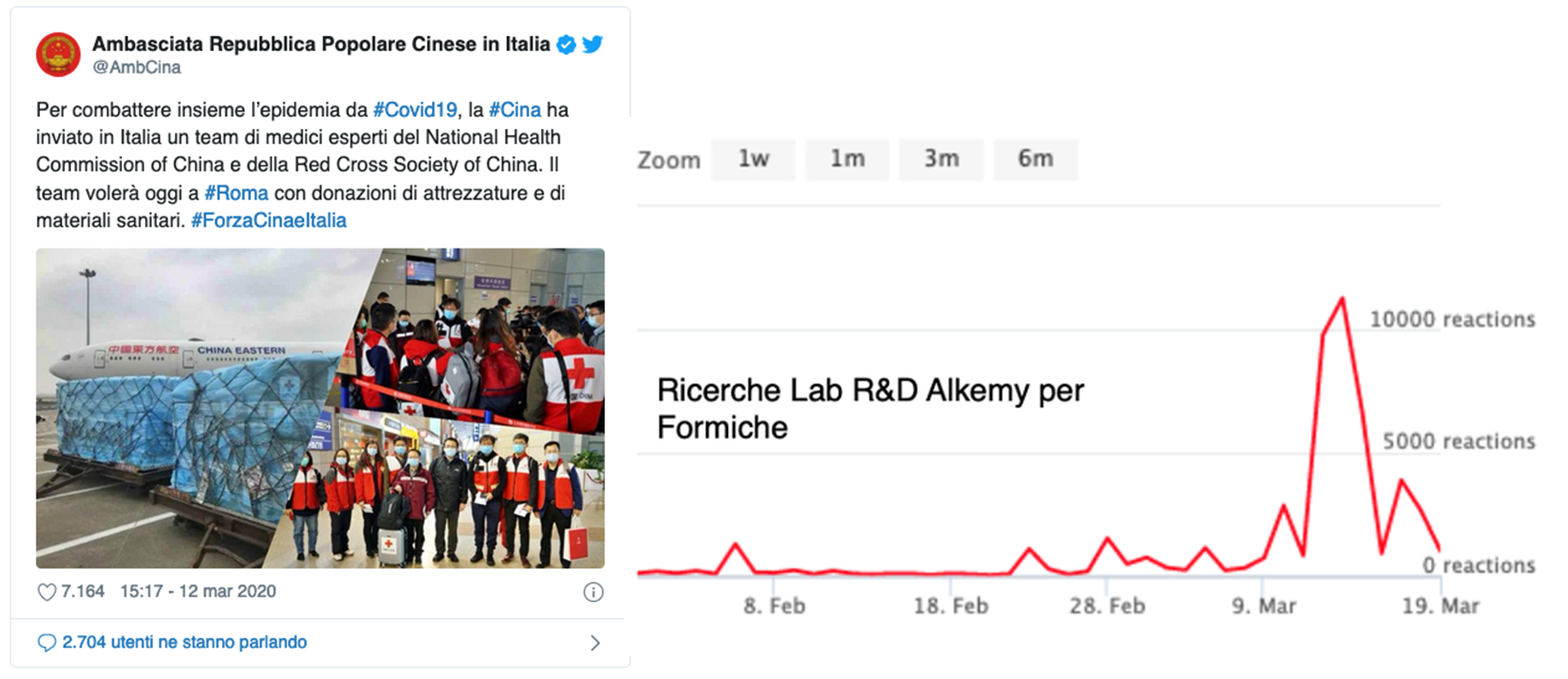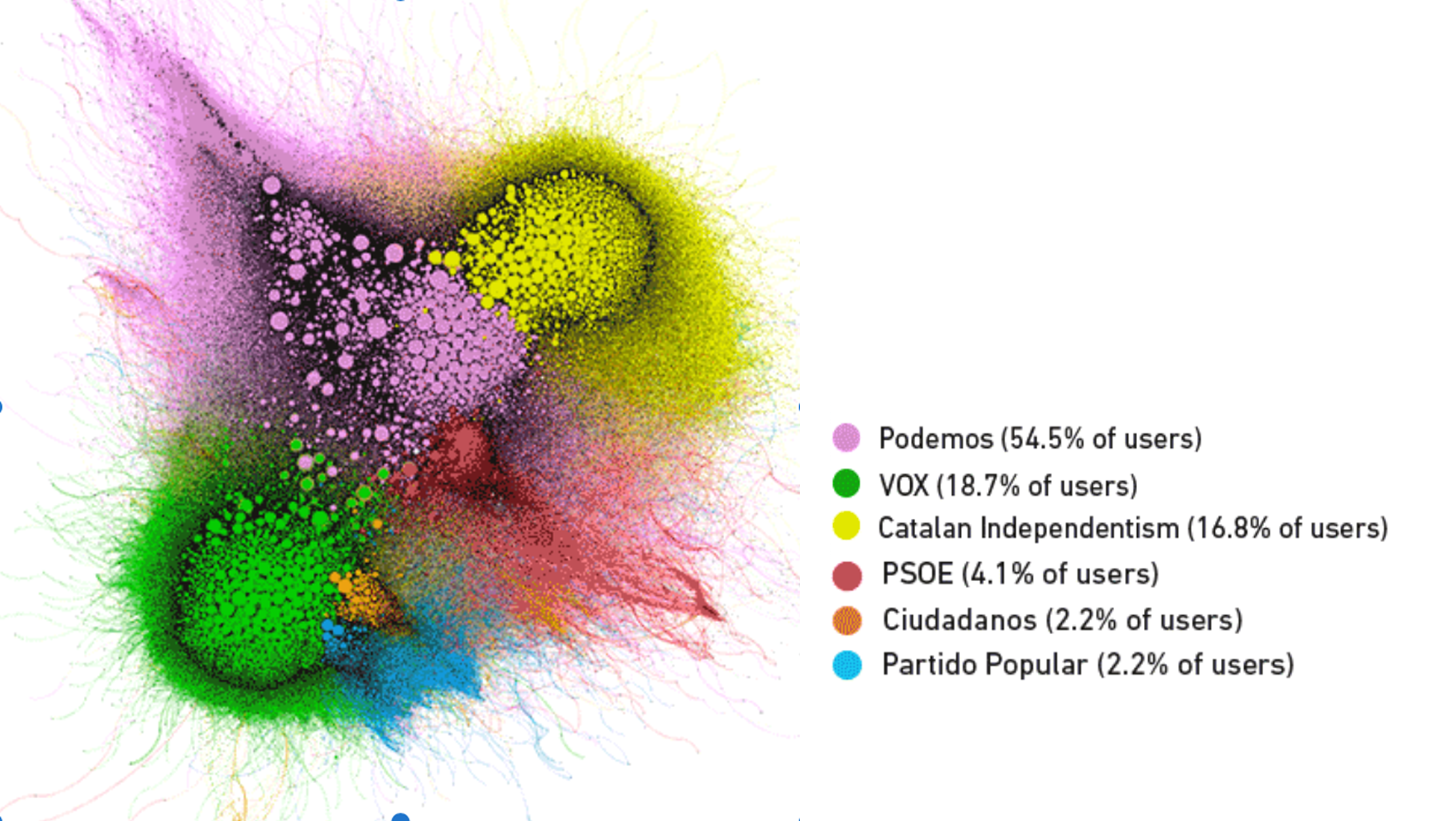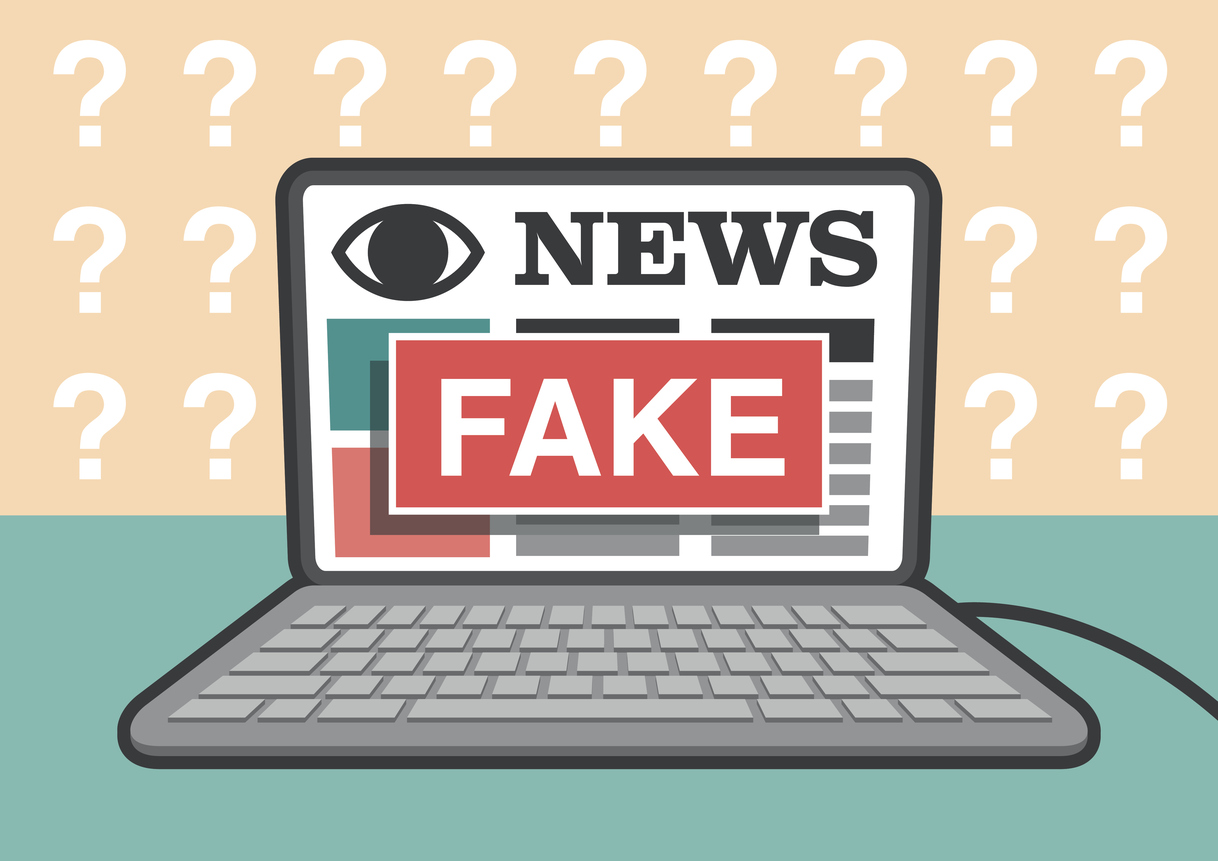07/04/2020
Last March 12, the Chinese Embassy wrote a tweet highlighting China’s dispatch of doctors and medical supplies to Italy in the coronavirus crisis. Up to 46.3% of the tweets that supported the dissemination of this post were made by bots, according to Formiche.net data collected by José Ignacio Torreblanca.
The director of the Madrid office of the European Council on Foreign Relations participated last Friday in another edition of Las mañanas del Mañana, the breakfast-colloquium organized by DigitalES, which for the first time was held in streaming format. There he analyzed the importance of Fake News and disinformation in these days when, more than ever, we spend more and more time on social networks.

The analyst assured that with Fake News “it happens like with the virus, that we are the propagators of false information without knowing it, and in most cases without bad intentions”. “That is – he assured – because of the lack of quality controls, which cause campaigns to emerge such as the one that tries to sow the doubt that the virus was born in China.”
In his opinion, we have reacted very badly to Covid because contradictory messages have been sent out. “We’ve always put out the message of follow without fear and all of a sudden we’ve had to turn it around and ask people to be afraid and stay in their homes.” “Situations like that are the perfect breeding ground for Fake News,” she adds.
The problem with the networks -insisted the academic- is that the business model is polarization, and he assured that people like conspiracy theories. “The conversation in social networks responds to a U model, with more people at the extremes than in the center,” he said, giving as an example the case of Spain, where the parties that generate the most noise do not coincide with those that receive the most votes.

Torreblanca insisted that it is the lack of regulation that damages the credibility of social networks. “They have self-regulated and led us to believe that they are not a source of information. They have legislation similar to bulletin boards, where the responsible party is the advertising company, and this does not hold up,” he said.
In his opinion, although efforts have been made to contain the spread of hoaxes and fake accounts they are not enough and the damage caused by Fake News will only be solved “when citizens acquire healthy information habits”. “As with junk food, people will get tired of this harmful information,” he said.
You can access the full talk in our YouTube channel










